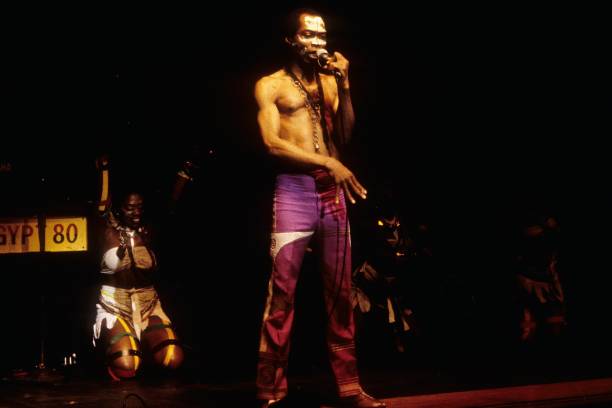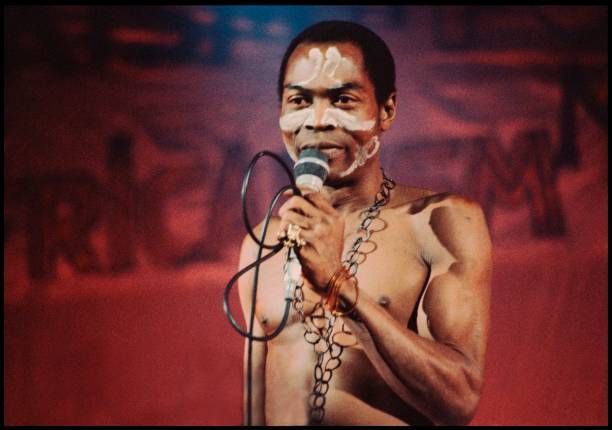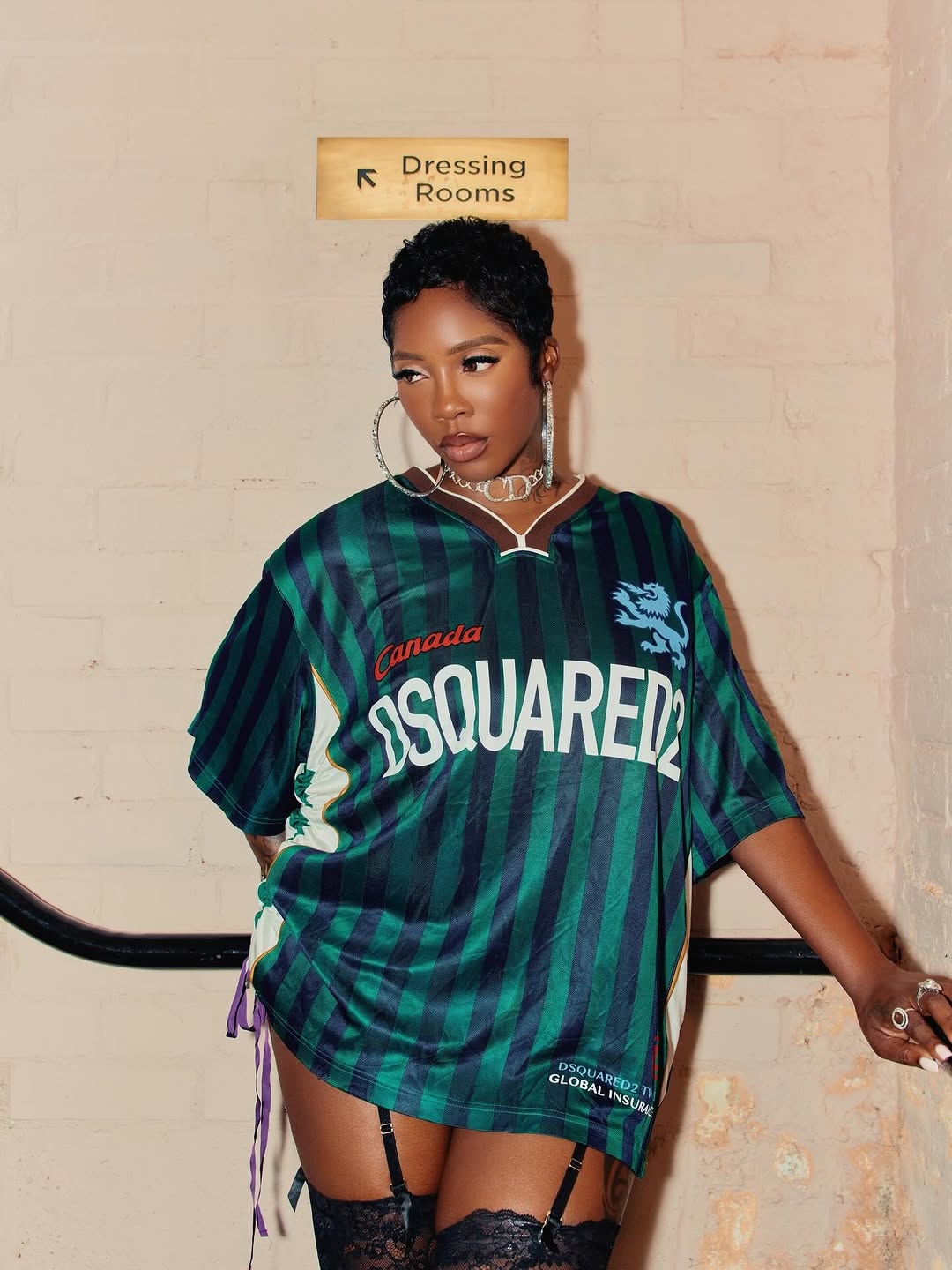Fela Died Poor! Made Kuti, grandson of the legendary Fela Anikulapo Kuti, recently opened up in a refreshingly honest interview on the Tea With Tay podcast, and let’s just say — he didn’t hold back. Speaking about his grandfather’s larger-than-life legacy, Made dropped a surprising truth: Fela, despite his global fame and influence, died broke.
“He was broke. Fela died poor,” he said. “He made the kind of money that could have bought a whole street. But when he came back from shows, he’d open a box of cash and say, ‘Anybody that needs, take.’ His house was an open house. Anybody could walk in.” And that was the thing about Fela — his life was never about hoarding wealth or chasing luxury. It was about people. About community. About standing for something, even if it costs him everything.
Made reflected on the struggles that came with the Kuti name, acknowledging that while it has opened doors, it came with pain too. “I would never deny the fact that I, as a Kuti, have opened a lot of doors for myself in the industry,” he shared. “But let’s not forget — most of the greatest music in the world came from people who didn’t have anything. Punk, blues, jazz, hip-hop… they were all born from struggle. That’s what Fela did too. Every time he was jailed or beaten, he came back with stronger music. Zombie, Suffering and Smiling — those songs weren’t just hits. They were his fight.”
And while it’s easy to assume being born into greatness means you have it easy, Made reminded us that the music industry doesn’t care about your last name if you can’t back it up. “Music is one of the worst professions where nepotism can succeed, because it’s brutally honest. If you see me perform and it’s not good, you’ll know. You can’t fake it.”

He also shared rare details about life inside Kalakuta Republic — Fela’s iconic commune and music hub. In Kalakuta, no one got special treatment, not even Fela’s own children. “His kids couldn’t call him dad or use any kind of title. Everyone was equal in Kalakuta. But that left a mark. I honestly believe my dad and aunt still need therapy. They watched their father rise, fall, and die, and never got to experience him as just a father.”
Made didn’t shy away from the irony that while the world now celebrates Fela as an icon, Nigeria didn’t always see it that way. “By ‘96, ‘97, people weren’t speaking positively about him anymore. His name had faded from the media and public opinion. They took his body to Tafawa Balewa Square and were told, ‘Nobody’s coming.’ But millions showed up. They carried him back to Kalakuta. It was aired on TV.”
Fela passed away on August 2, 1997, but the impact of his voice, his art, and his radical truth-telling still echoes louder than ever. Through Made, the story continues — not just the music, but the message.
Featured Image: David Corio | Getty Images













